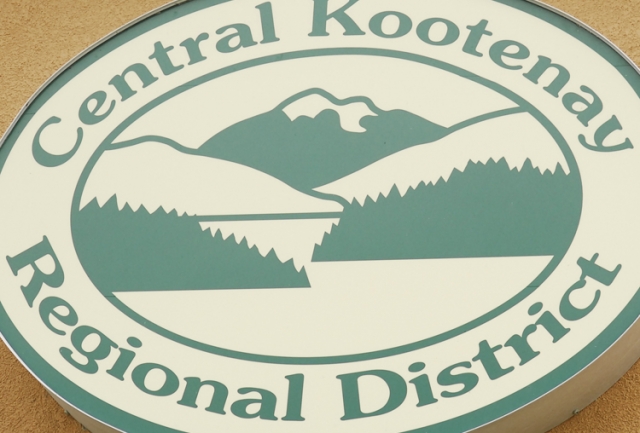RDCK passes resolution against provincial downloading
By Timothy Schafer, The Nelson Daily
Continued provincial offloading of the future costs of healthcare capital projects could mean a significant rise in current property taxes for all West Kootenay residents, says one regional district director.
Area K (Arrow Lakes) director Paul Peterson said precedence is being set for the IHA to ask the West Kootenay Boundary Regional Hospital Board — on which all RDCK directors sit, save for three — to fund health authority capital projects outside of their purview, and to an amount that would require a property tax hike.
Last month the IHA asked for $80,000 from the health board to pay for three items of “non medical equipment,” and received approval by an 18 to 10 vote. The main purpose of the health board is to provide up to 40 per cent funding for hospital equipment and capital projects.
Along with Regional District of Central Kootenay director for Area D, Andy Shadrack, the two brought a resolution to the Feb. 10 RDCK board of directors meeting in Nelson protesting the ongoing offloading attempts.
The resolution — which will now be sent to the Association of Kootenay Boundary Local Governments meeting in April — passed, asking the Union of BC Municipalities to “register strong protest” with the Province on their attempts at downloading capital funding responsibilities by under funding health authorities.
Peterson said by under funding capital projects, the health authorities are now asking health boards like WKBRHB to pay for projects outside of their mandate (acute care) and beyond the amount they are required to contribute (40 per cent).
By asking for as much as 90 per cent in capital cost contributions from health boards, health authorities in turn agree to “fast track” projects through for approval.
But the additional contribution has to come from property taxpayers, said Peterson, when they are already paying for the capital funding via income taxes.
“I’m really concerned of this spreading,” he said. “I think if the Province catches wind of this they would love to reduce income tax and download (it to) the property tax.”
He didn’t know why a health board would ever agree to do something like that but the WKBRHB did, passing resolution to pay for three items that weren’t medical equipment, including a steamer unit for a kitchen.
“We’re supposed to fund medical equipment,” Peterson said. “People are already paying income tax to the provincial government for these things to be paid for.”
The issue isn’t that the health board does not want to pay for its share of capital and acute care costs, said Slocan director Hillary Elliott, but that they are being asked to pay for things outside of their mandate.
“When people are needing to vote on this, and you are being told by your (health) authority that these things need to be done and you need to fund them, it’s not a good predicament to be in,” she said.
Many directors seemed okay with this form of downloading, said Peterson. But he wanted the Province to reaffirm the guidelines as to what health boards should be taxing for and not to pay anything more than that.
“We have to have a fight with the Provincial government about proper funding of medical facilities, not allowing our property taxpayers to take it on the chin all of the time,” Shadrack said.
RDCK chair and Area B director John Kettle said it was not the directive of the regional district board to tell the WKBRHB what to do.
The hospital district pays for 40 per cent of the cost of approved projects while the remaining 60 per cent share is funded by the Provincial government or through donations provided by local hospital foundations.
Projects and priorities are established each year by the Interior Health Authority.
Directors are appointed to the hospital board by local government.
























Comments